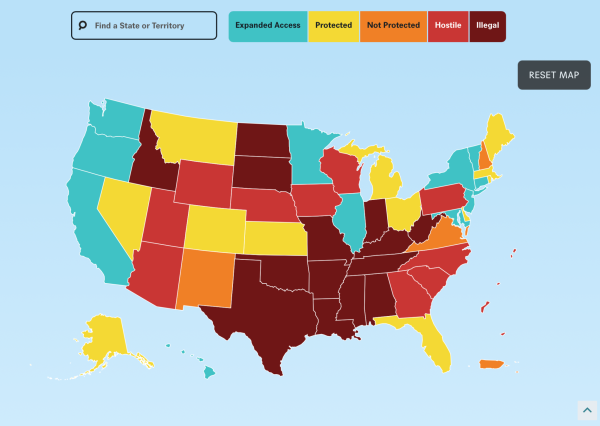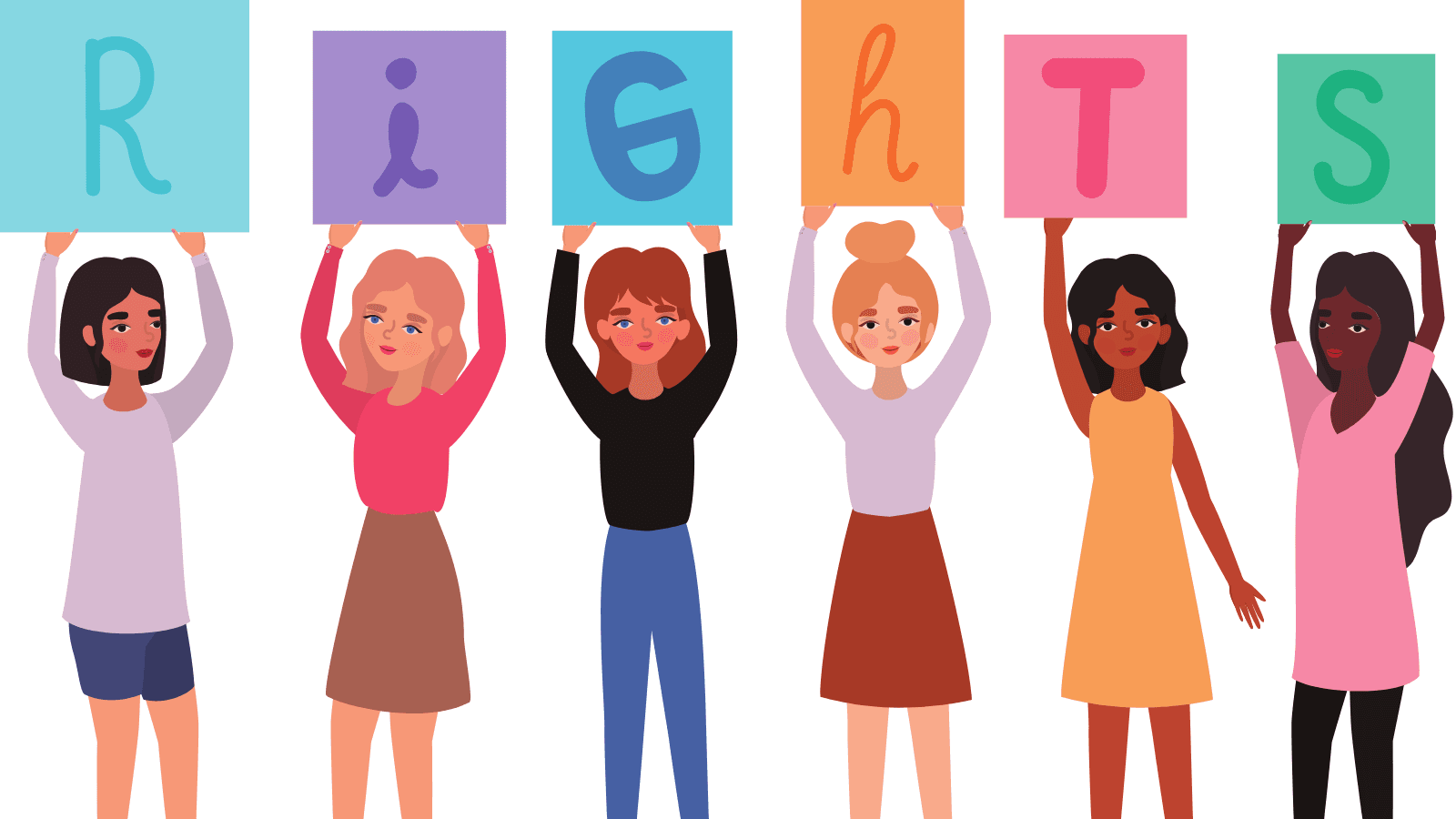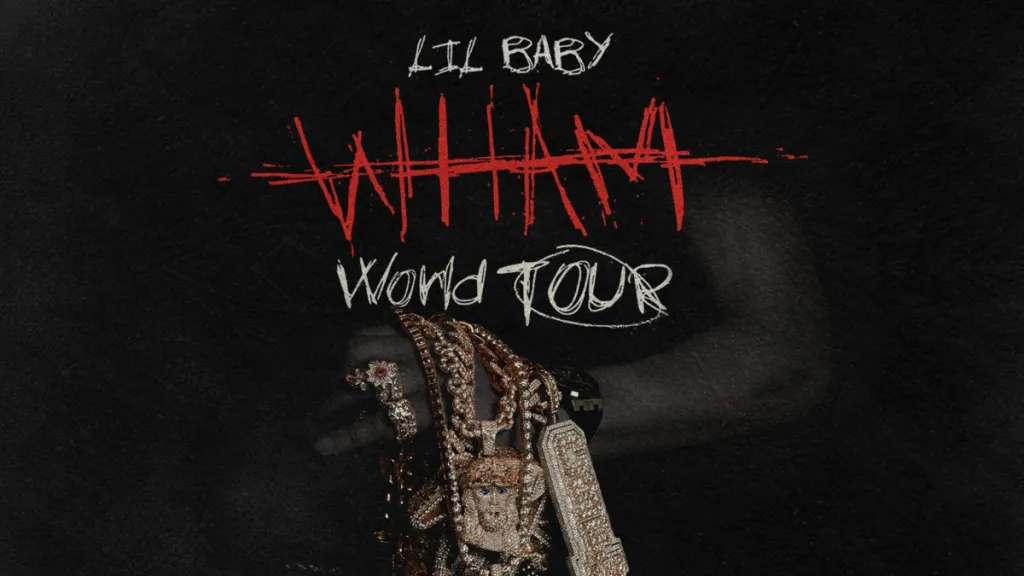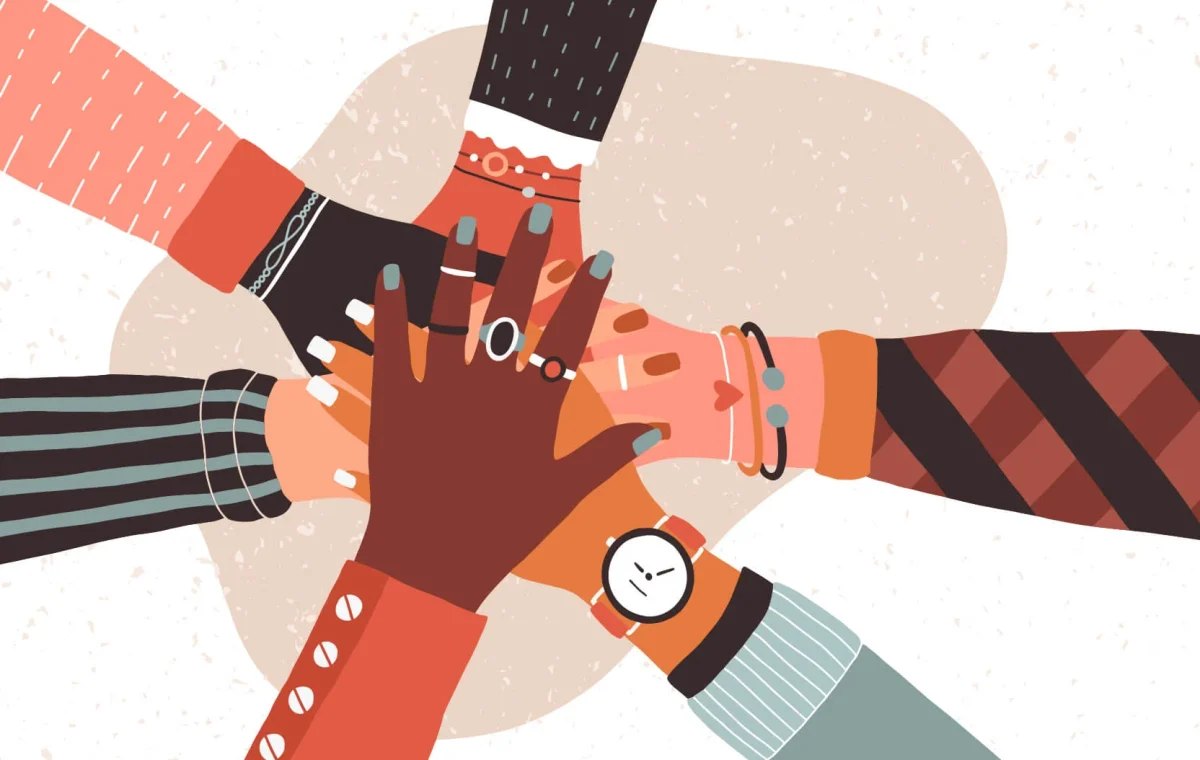The United States of America, a nation once highly esteemed for its trailblazing progress, now finds itself regressing in basic freedoms. Reproductive autonomy stands central on an unsteady battleground. Last year, the Supreme Court overturned 50 years of precedent and their actions have spurred on the downfall of reproductive rights.
Since Roe v. Wade was overturned, fourteen states have completely banned abortion and another seven have ample restrictions in place. This number does not include the states that don’t legally protect abortion.

Due to the varying abortion legislation across states, many children who are victims of rape are forced to go through with their pregnancy. In Mississippi, a 13 year old was raped in her front yard in broad daylight. She was eligible for an abortion under those circumstances, but due to the confusing and rapidly changing guidelines, it was unlikely any doctor would perform it on her. She gave birth to a baby boy eight months ago.
Kylie Beaton, a mother excited to bring a second child into the world, was forced to carry an unviable pregnancy to its end because of Texas’ abortion ban. Her child, suffering from the anomaly alobar holoprosencephaly, would live a very short life, filled with nothing but pain. Another woman was denied an abortion for her baby that would be born without a skull.
These women should not be treated as statistics, but these are just a couple of many cases where unviable pregnancies were forced to continue to term.
Many states with restrictive abortion laws allow the procedure if the mother’s life is at risk, but when the situation actually arises, hospitals refuse to treat them. Ectopic pregnancies, where the embryo implants outside of the uterus, could cause a patient to die. Yet there is case after case of women being denied treatment when hospitals discover that their pregnancies are the least bit viable—even at the cost of the mother’s life.
Marginalized groups are disproportionately affected by abortion bans. “These communities often already have limited access to abortion and other reproductive health services given a number of factors, including being more likely to be uninsured or underinsured, lower employment, or living long distances from a health center.
“Additionally, the federal Hyde Amendment—a congressional appropriations rider that prohibits federal funds from being used to pay for abortion care, with few exceptions—disproportionately affects low-income people and further restricts access to abortion. Because of this, millions of women enrolled in Medicaid do not receive coverage for their abortions, and many are forced to continue their pregnancies,” said The Center for American Progress.
They continue, “Furthermore, the interplay between geography and race cannot be understated, as states with the highest proportions of Black, Hispanic, and Indigenous women—those in the South and the Midwest—are also states that have banned or are poised to ban abortion post-Dobbs. Women of color experience higher risk of health complications, pregnancy-related morbidity, and even death, something that is heightened in states where abortion is criminalized. For people with multiple marginalized identities, such as race, chronic health conditions, and disability, barriers to abortion are often compounded. For example, 1 in 3 adults under age 65 on Medicaid has a disability, and the federal Hyde restriction disproportionately keeps low-income people with disabilities from getting the abortion care they need.“
Other methods of abortion like Mifepristone, a FDA approved medication used in America since 2000, is the next target. The Alliance for Hippocratic Medicine, a recently created group, sued the Food and Drug Administration for the drug’s approval.
NPR states, “On one side are anti-abortion rights physicians and organizations. Originally, they argued that the FDA should not have approved mifepristone in 2000; now they’re focusing on the argument that it should not have made it easier to access in 2016 and 2021. On the other side is FDA and the drugmaker, Danco, who say that the challengers aren’t actually harmed by the prescribing rules (and thus don’t have standing to bring the case) and that the FDA followed correct procedure and the scientific evidence in making its decisions.”
The final decision is in the Supreme Court’s hands.
Mifepristone is used in almost two thirds of all abortions nationally, even more so after Roe v. Wade was overturned, and limiting its access will have grave effects.
The drug is also not just for abortion, some doctors prescribing it after miscarriages. But it seems women that have a miscarriage and terribly lose their child are considered mere collateral.
A woman in Ohio was charged with felony abuse of a corpse for having a miscarriage. In an email with CNN, her attorney said, “Ms. Watts suffered a tragic and dangerous miscarriage that jeopardized her own life. Rather than physically and emotionally, she was arrested and charged with a felony.” All charges ended up being dropped, but the fact that this even happened says enough about the state of society.
Developed in the 1970s, in vitro fertilization (also known as IVF) is a procedure where an egg from a patient’s body is combined with sperm. The fertilized egg(s) called embryos are then placed in a uterus with the goal of causing pregnancy. This process is a solution for parents struggling with infertility.
Only some eggs end up getting fertilized and developing into a mature embryo, so it is normal for doctors to fertilize more eggs than needed. Instead of inserting them right away, many patients choose to freeze these embryos for reasons like delaying the pregnancy, genetic testing, or more. The annual cost to store frozen embryos is expensive, so they are often donated or destroyed instead.
But on February 16, Alabama’s Supreme Court ruled that these frozen embryos should legally be considered human beings.
“By citing verses from the Bible and Christian theologians in his concurring opinion, Chief Justice Tom Parker alarmed advocates for church-state separation, while delighting religious conservatives who oppose abortion. Human life, Parker wrote, “cannot be wrongfully destroyed without incurring the wrath of a holy God, who views the destruction of His image as an affront to Himself.” The Alabama court’s ruling last week stemmed from wrongful death lawsuits brought by couples whose frozen embryos were accidentally destroyed.” – PBS
This decision poses many questions that advocates of this ruling have no intention of answering. Does this make the disposal of frozen eggs murder? Is leaving eggs frozen for years neglect or abuse? Do they have the same rights as a child who’s born? Who is going to pay for the long-term storage of these embryos?
Joanne Rosen, a practice professor in Health Policy and Management stated in an interview with the Johns Hopkins Bloomberg School of Public Health, “Alabama—where this case occurred— introduced its abortion ban in 2019, before Dobbs, and it wasn’t coming into force because it was unconstitutional at the time. Now it is in force. But interestingly, Alabama’s abortion ban defines abortion as a procedure that causes the death of an unborn child in utero, at any stage of viability; it is a full ban on abortion at all stages of viability, but it specifically says “in utero.” The Alabama senator said that they’d use the words “in utero” deliberately, to make clear that it was not their intention to interfere with IVF.
However, following the ruling, several Alabama IVF clinics have had to pause their services or shut down, upending the treatment plans of many patients.
Since then, Alabama’s governor has signed a bill into law hoping to protect IVF patients and providers, but the state Supreme Court ruling still stands. The legislation is not a solution, only a band-aid that will work for the short-term. Some clinics have resumed their IVF services already.
IVF is used to produce life, not end it, so the treatment being grouped in with other lost reproductive rights like an abortion is alarming. What’s even more disconcerting is the attacks on birth control by conservative influencers.
“The recent push against widespread access to contraceptive methods is not new, but rather an extension of longstanding efforts to curb access to emergency contraception like Plan B, and IUDs — one of the most common and effective forms of birth control — which many Republicans falsely consider to be abortion–inducing medication,” wrote Rolling Stone.
Restricting access and state funding for emergency contraceptive resources has been on legislation a numerous number of states are trying to introduce.
“Advocates are also pointing to Republicans’ backing trigger bans and other laws looking to establish personhood at the moment of fertilization as backdoor mechanisms for restricting contraceptive access down the line, particularly forms of birth control that prevent the implantation of a fertilized egg in the uterine lining as a secondary form of pregnancy prevention,” continued Rolling Stone.
Anti-birth control advocates no longer want recreational sex to even be an option or access to contraception as right. Every House Republican, except the small amount of ten, voted against cementing access to birth control into law.
Many Republican politicians as well as former President Trump intend to repeal the Affordable Care Act, better known as Obamacare. 21 million Americans are getting health insurance though the ACA and 45 million are enrolled in coverage. Repealing the ACA would be a tremendous blow to not just women, but Americans in general.
“The 2010 passage of the Affordable Care Act, also known as healthcare reform, is the most important advance in women’s health policy since 1965. The law increases the number of American women who can get health insurance, lowers the costs of health care for many women, and improves the quality of the health care women receive,” stated the Office on Women’s Health.
This is the domino effect of the Supreme Court overturning Roe, and the blocks will only to continue to fall. The cost of being a woman grows higher every day and that is terrifying.

















